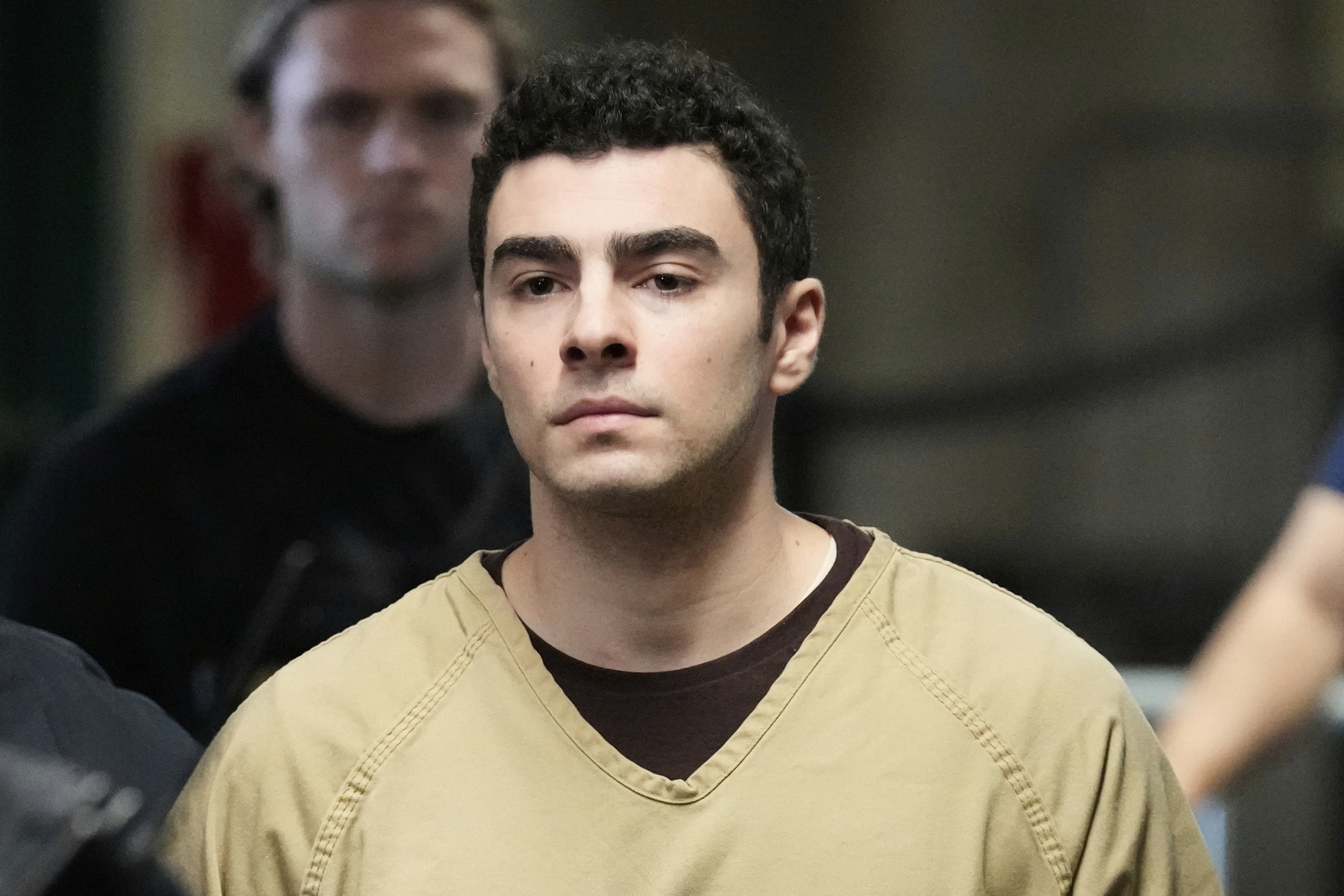On 16/9, New York State Supreme Court Justice Gregory Carro dismissed two counts of terrorism-related murder against Luigi Mangione, the suspect in the killing of Brian Thompson, CEO of UnitedHealthcare. Judge Carro stated that the prosecution had not presented sufficient evidence to support the terrorism charges.
Mangione is accused of shooting Thompson on a Manhattan street in December 2024. Prosecutors argued that handwritten documents left by Mangione demonstrated a terrorist motive.
In his ruling, Judge Carro noted that the prosecution failed to align its accusations with the legal definition of terrorism under New York state law. The prosecution also didn't prove that the suspect intended to exert political pressure on the government or terrorize the public, which are key elements of the state's anti-terrorism law passed after the 9/11 attacks.
"There is no evidence the defendant made any demands of the government or sought to change any policies," Carro wrote.
 |
Luigi Mangione is escorted to court in Manhattan, New York, on 16/9. Photo: AP |
Luigi Mangione is escorted to court in Manhattan, New York, on 16/9. Photo: AP
The judge upheld the remaining charge against Mangione of second-degree murder, unrelated to terrorism, which carries a sentence of 15 to 25 years. Mangione also faces charges related to weapons and document forgery. New York does not have the death penalty.
Concurrent with the state trial, Mangione also faces federal murder charges, which could result in the death penalty. Judge Carro denied a request from Mangione's lawyers to postpone the state trial until the federal trial concludes. The state trial is set to begin on 1/12.
Thompson was the CEO of the insurance division of UnitedHealth Group, the largest health insurer in the US. He was in New York for a meeting and was shot three times on a Manhattan street at 6:45 a.m. on 4/12/2024.
After a five-day manhunt, police arrested Mangione at a McDonald’s in Altoona, Pennsylvania, about 300 miles from the scene. Investigators said the suspect had notes criticizing insurance companies for exploiting the US healthcare system, accusing them of being "corrupt and greedy".
New York prosecutors sought to apply post-9/11 anti-terrorism statutes in charging Mangione. These statutes define an act as terrorism if it aims to "intimidate or coerce a civilian population" or "influence the policy of a government" through acts like threats, murder, assassination, or kidnapping.
If convicted on terrorism charges, the penalties would be significantly increased. An assault carrying a maximum sentence of 25 years could become life imprisonment. In Mangione's case, the terrorism-related murder charge carried a sentence of life without parole. The second-degree murder charge with a terrorism motive could have resulted in a sentence of 15 years to life.
Thanh Danh (BBC, AP, Guardian)












